7 routine checks that all car owners should know how to do by themselves

Routine checks on your car might seem like a chore, but it isn't something you should ignore. Unless you are trading in your car for a new one every other month, things will probably wear out or fail over time, and require some attention.
To ensure your car's safe and reliable operation, there are some things that you should frequently check and maintain. Here are the seven routine checks that all drivers should do as part of their car care routine, whether you are driving a brand new or a used, older car.
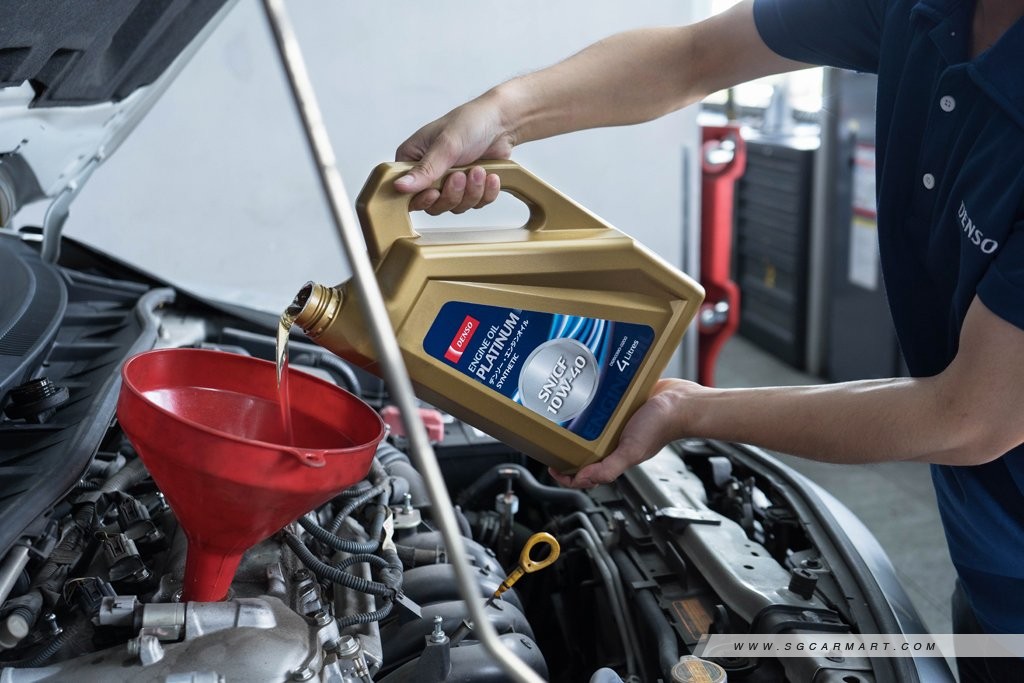
The first thing related to car maintenance that you'll learn about, is likely engine oil. Most drivers are probably aware of the need for routine car servicing, which includes an engine oil and oil filter change.
The common oil change intervals of 5,000km to 10,000km means that it will take months before a car workshop will have a look at your engine oil levels. Without sufficient engine oil, a car's engine can be severely damaged from excessive friction between the components within.
Low engine oil can also be an indicator of engine issues, hence checking the engine oil regularly is a good practice for all drivers.
Thankfully, engine oil level is easy to check - most cars have a dipstick that allows you to read the engine oil level, and some modern cars even displays the engine oil level within the vehicle information page in the infotainment system.
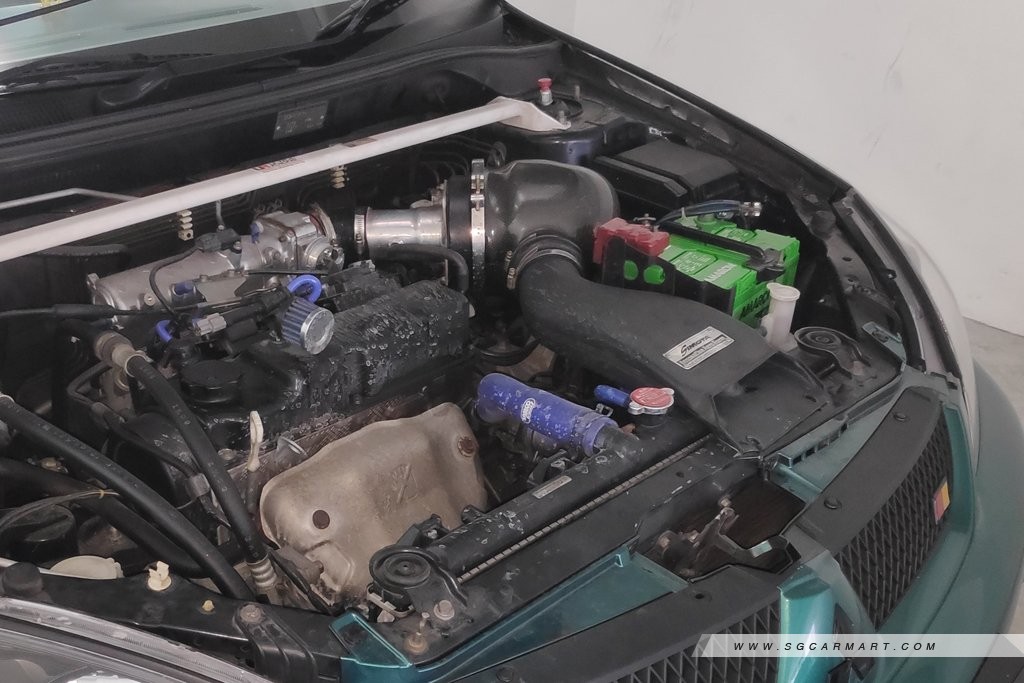
A car engine generates a lot of heat while operating. The job of the coolant is to keep the temperature controlled. Overheating will damage an engine in many ways, resulting in costly issues such as a blown head gasket or warped cylinder head.
Thus, it is important to ensure an adequate coolant level - a drop in car coolant level is often the sign of a faulty cooling system, or engine issues, both of which has to be promptly sorted.
Do note that you should never open the radiator cap while the engine is hot, as the pressurised cooling system means the boiling coolant will spray out the moment the cap is undone.
The importance of car tyres is clear - they are a car's only point of contact with the road surface. A tyre blowout, or simply lack of grip right when you need it, will almost certainly result in an accident.
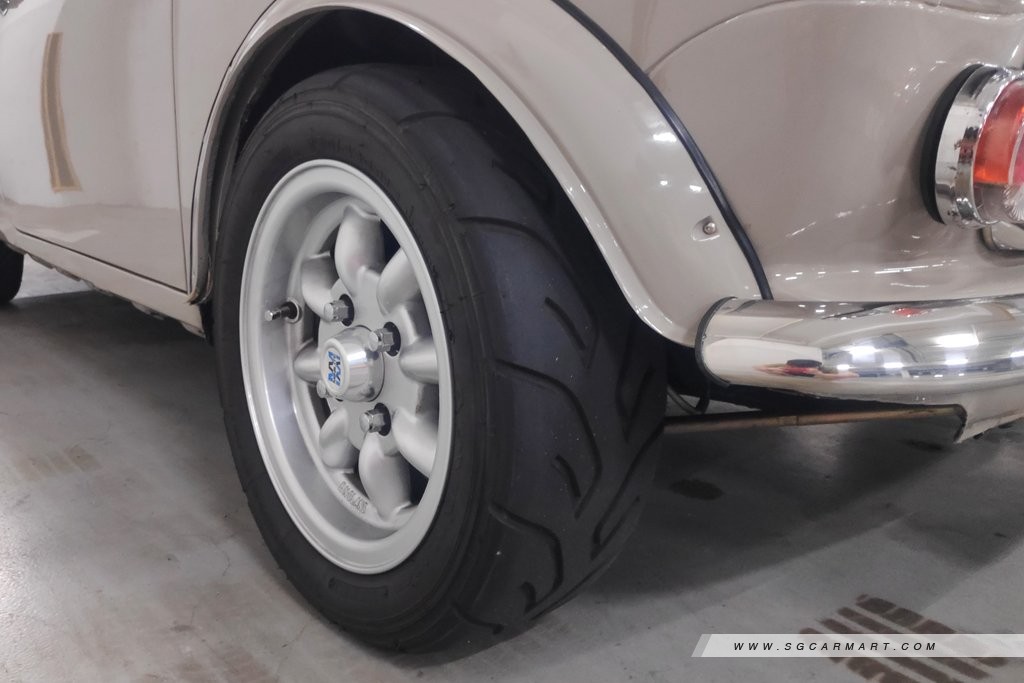
You should always ensure that your car's tyres are in good condition. Make sure to check the tyre pressure often and watch out for any outliers - tyres lose pressure over time, but if one of them were to do it much drastically, you know something's wrong.
Always ensure there is sufficient tread depth, especially on the inner half of the wheel that isn't as easily noticeable. Visual checks on your car's tyre for any anomalies such as cracks and tears should also be done. Found something wrong with your car's tyres? Get them replaced or repaired as soon as possible!
ALSO READ: 10 of the best comfort tyres for improved ride quality and a quiet drive
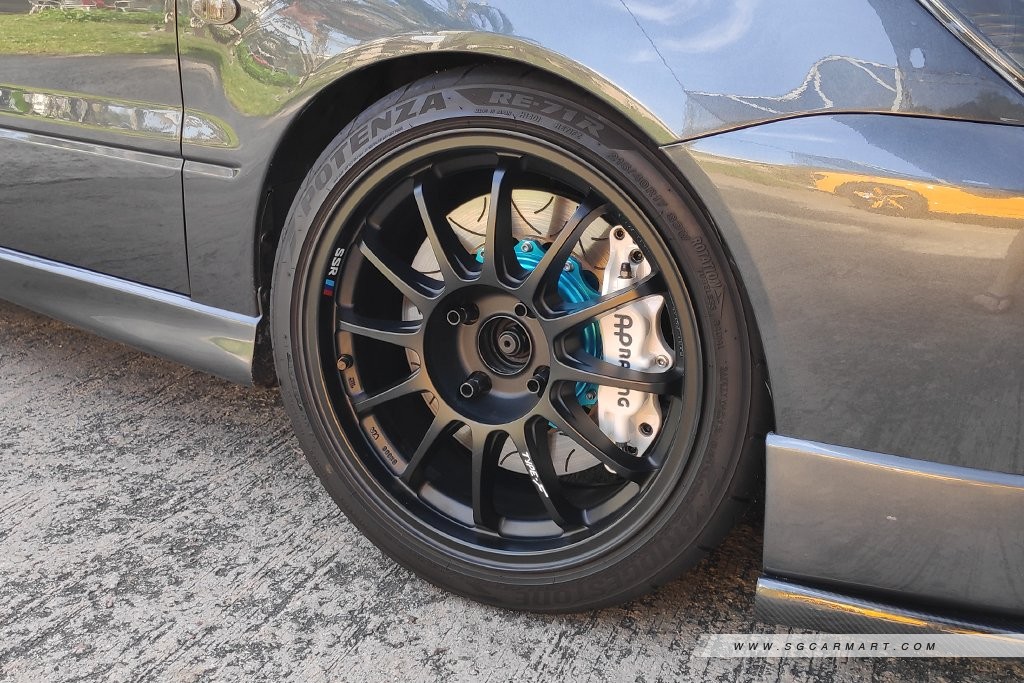
Brakes are crucial to the safety of a car. Drivers should always ensure that the brakes on their cars are in good, working condition.
The brakes on a car is a hydraulic system that uses brake fluid to operate. Hence, an important component to check will be the brake fluid level. The brake fluid container can usually be found within the engine bay, with indicators on the maximum and minimum fluid level.
Don't panic if you see the fluid level being below the maximum marking - brake fluid are displaced into the system as the brake pads wear away during normal usage. A low brake fluid level can simply mean it's time to get your brake pads replaced.
Now, after you have checked the brake fluid level, you should also do a visual check on the brake calipers, the brake pad's thickness as well as a quick look for any cracks or issues with the rotor.
If your car is equipped with a hydraulic power steering system, you will have to ensure there's sufficient power steering fluid. The power steering system assists the driver by reducing the effort needed to steer the wheels.

A malfunctioning power steering system can result in handling issues - you might suddenly have to use much more force to turn the steering wheel. It can be extremely dangerous if the power steering system were to fail while you are negotiating a bend.
A low power steering fluid level will point towards a faulty or failing power steering system, and you should get your car checked out by a workshop as soon as possible.
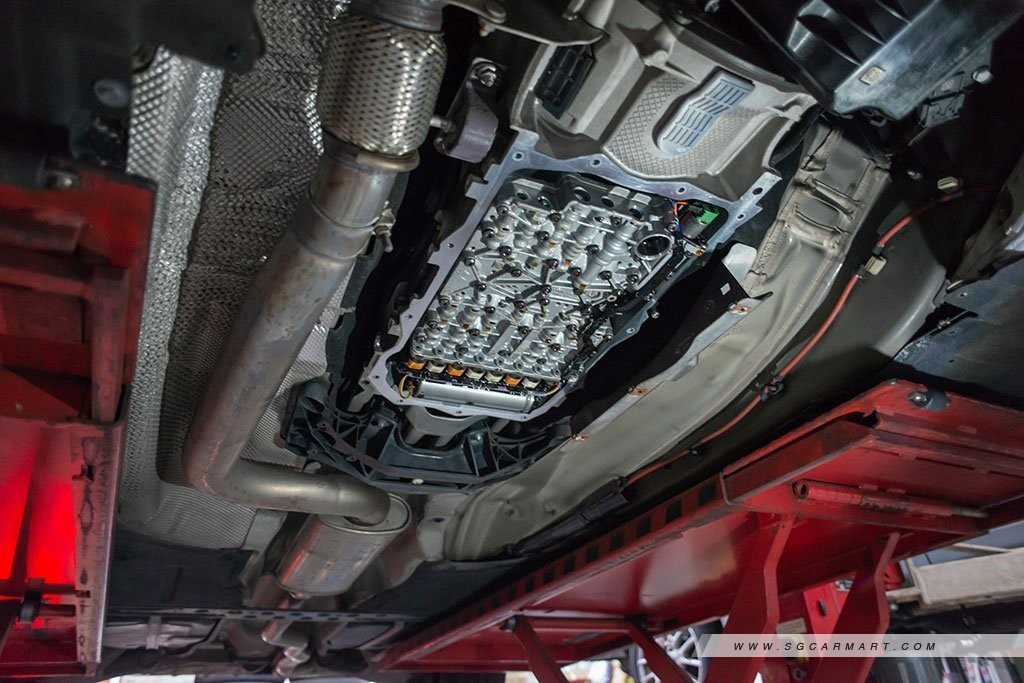
A transmission failure is not just costly, it can also be a huge hassle. While manual transmissions are also filled with fluid, they are usually a sealed system that has a long service life - there aren't usually any dipstick or indicators for drivers to check the fluid's level and condition.
Automatic transmissions, however, usually has a dipstick just like the engine, that will allow drivers to check the fluid level with ease.
As automatic transmissions are often more sensitive towards the quality and quantity of fluid, it is a good habit to check the fluid level periodically to avoid a potentially expensive repair bill.
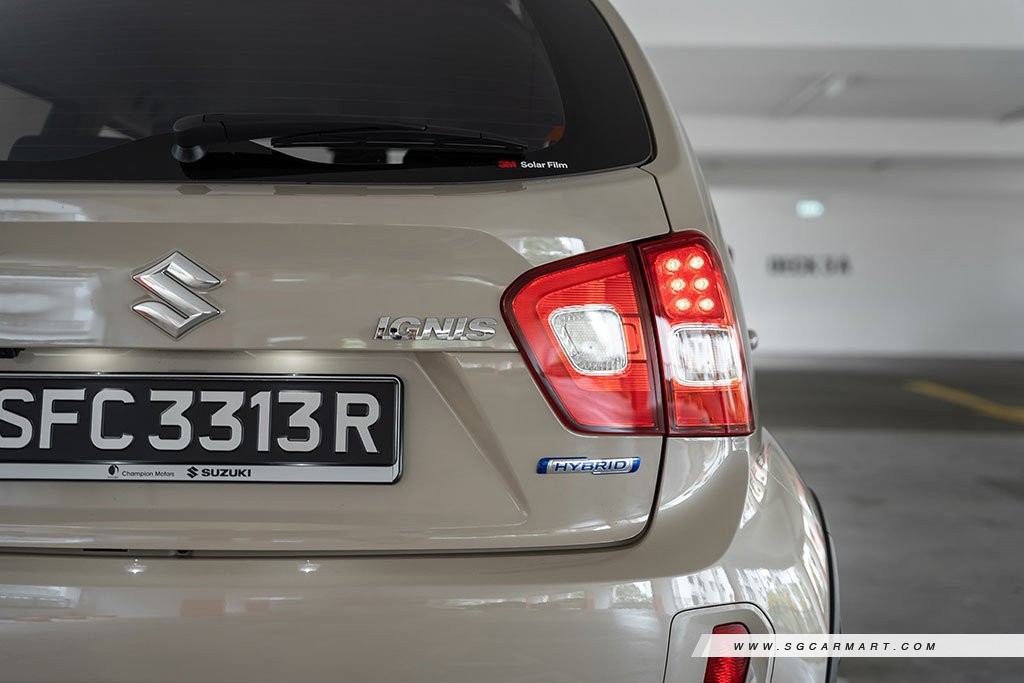
The lights on your car are much more important than you would imagine. Apart from illuminating the road in front of you, the lights on your car makes you visible to other drivers on the road.
The brake lights and turn signals are even more crucial, as they serve as indicators to let other drivers know your intentions, and hence, avoid getting in your way, preventing accidents from happening.
Now, there you have it, be sure to complete these checks regularly!
ALSO READ: Best performance car tyres for the ultimate driving experience
This article was first published in sgCarMart.